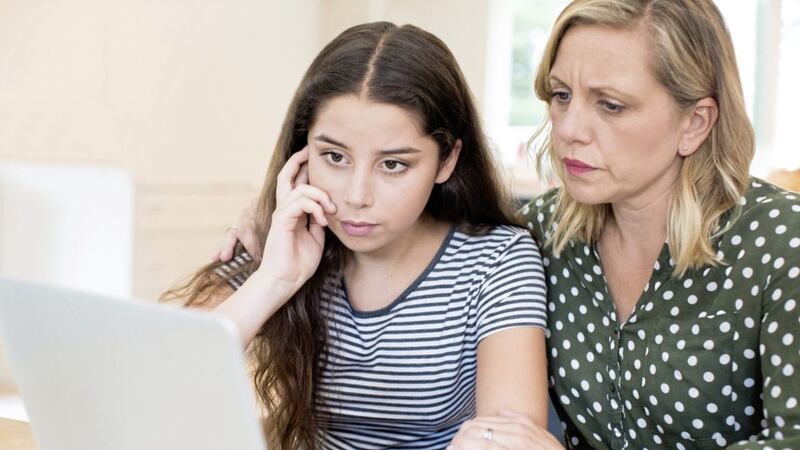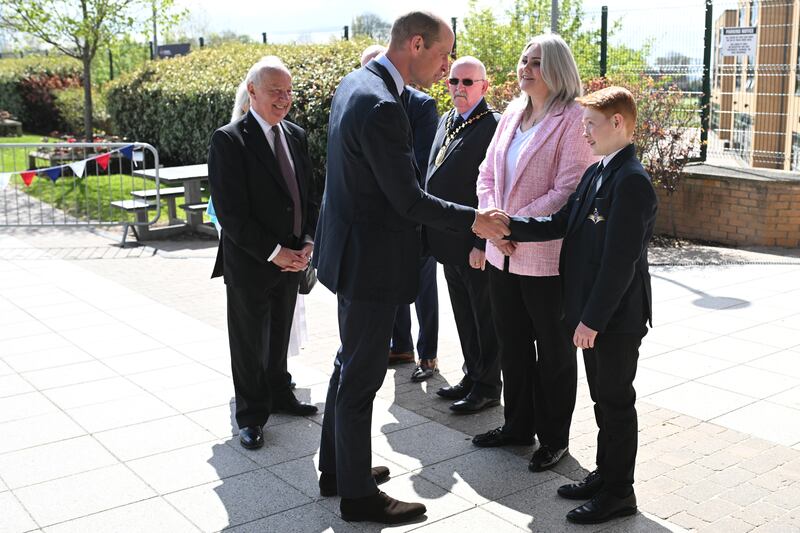WE'RE often told that allowing children to spend too much time on social media apps, like Instagram and Snapchat, can have a negative impact on their mental health.
A study published in The Lancet Child & Adolescent Health journal, has found a significant link between children who check their social media accounts more than three times a day, and psychological distress.
But they believe this is not necessarily a result of social media use, and instead, it's other knock-on factors, such as being exposed to cyberbullying, and a lack of sleep and physical exercise, that parents should be concerned about.
According to the NSPCC, a quarter of children under 18 who use social media have experienced something online which has upset them. And a 2017 Ofcom study discovered around one in eight young adults have been bullied on social media.
"Today's digital world means that bullying can be relentless, 24 hours a day, following children into their homes, the very place they should feel safe," says Tony Stower, head of child safety online at the NSPCC (nspcc.org.uk).
"This can have a serious impact on their wellbeing and mental health, affecting their self-worth, leaving them feeling isolated and potentially triggering depression."
Stower says that the effects can last into adulthood. "At its worst, bullying has driven children and young people to self-harm, and even take their own lives," he warns.
So how to parents spot signs that their child is being bullied online? Stower says that cyberbullying can often have a significant effect on a child's behaviour, so it's important that mums and dads keep a close eye out for any changes.
"Children may display signs of being bullied online – these could include nervousness, a lack of self-confidence, or becoming distressed and withdrawn," he says.
"It could have a knock-on effect on their academic performance, or they may have problems with eating or sleeping."
The key advice here is to talk it out with them, Stower says. Most young people don't tell their parents about bullying online, so if you recognise the signs of online bullying, it's important to raise the issue in a calm and non-judgmental way.
"One of the most important ways to help those who are struggling is to make sure they know they always have someone to talk to, and they never have to suffer alone," says Stower.
He advises you let your child know they can talk to you or another adult they trust. If they feel unable to talk to you, you could also remind them they can contact Childline (childline.org.uk).
"Children need to be confident they will get a supportive and understanding response, and that action will be taken to stop the bullying," he says.
Conversely, Stower says that it's just as important to speak to a child who is taking part in online bullying.
"If you find out your child has bullied someone else, explain that what they're doing is unacceptable," he says.
"You're likely to feel angry or disappointed, but children and young people don't always realise what they're doing is bullying, and the impact it can have on other people."
He adds: "Remind your child not to share or comment on bullying posts, block the user and report it to the social media site."








